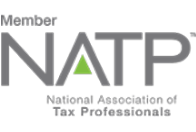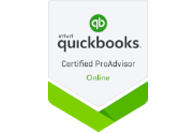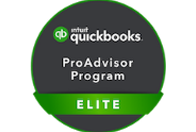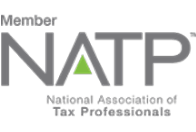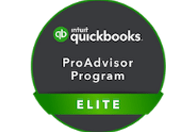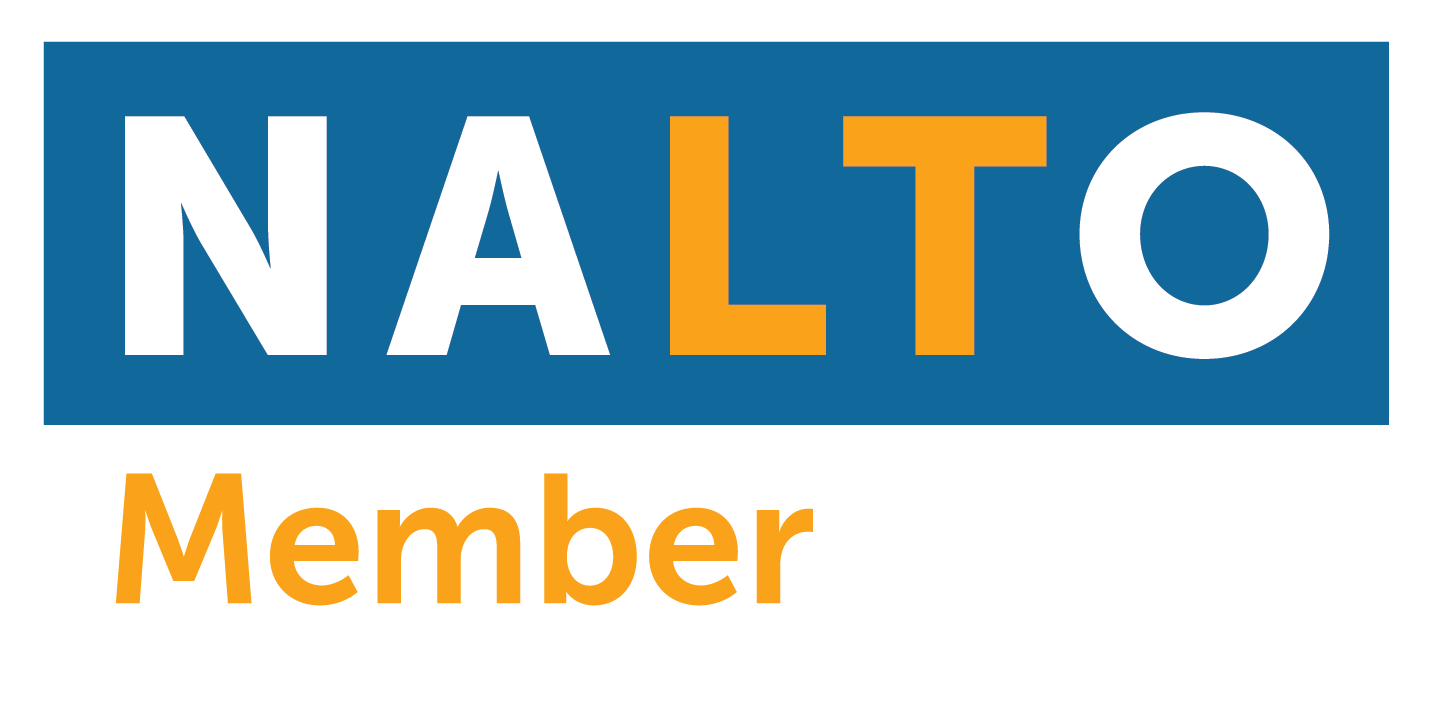Most individuals believe that estate planning is just for the wealthy or elderly. However, regardless of your wealth or age, estate planning is an important part of financial management to protect your loved ones, safeguard your hard-earned assets, and secure your future. Whether you are in the process of building your career or starting a family, we invite you to join us in this blog as we discuss the importance and basics of estate planning.
What is estate planning?
Estate planning is the process of ensuring that a person’s assets will be distributed to the intended recipients after their death. It also involves planning on how those assets shall be preserved or managed and can include instructions on medical care in the event the person becomes incapacitated or unable to make decisions. It is a comprehensive plan that outlines a person’s wishes and intentions when it comes to wealth management, healthcare decisions, and guardianship of dependents.
Importance of Estate Planning
Control in Asset Distribution. Estate planning allows you to dictate the distribution of the assets you will leave behind. Identifying and naming beneficiaries will ensure that your estate will never go to unintended persons.
Protecting Loved Ones. Estate planning enables you to provide for your loved ones, spouse or partner, pets, and more importantly minor children. It allows you to make arrangements for your children’s education and designate a trusted guardian for them, ensuring that they will be cared for by someone you trust rather than leaving that decision up to a court.
Minimizing Taxes and Avoiding Probate. There are estate planning strategies that can help minimize estate taxes and avoid the unnecessary costs and delays associated with probate. Utilizing strategies like trust and beneficiaries can allow for a smoother transfer of assets to your intended beneficiaries.
Avoiding Family Conflicts. An estate plan can help prevent family disputes since it will be clear to everyone that it was you who made the decision on how your estate shall be managed and distributed among them. Making your decisions known can reduce the chances of misunderstandings and disagreements among the family members.
Incapacity Planning. Estate planning is not just about what happens after your passing. It also includes managing your affairs in the event of incapacity or disability. You can specify your preferences for your care and end-of-life treatments, providing guidance to your family and medical professionals. You can also appoint a trusted individual to manage your financial and healthcare choices.
Key Components of Estate Planning
The first thing to do in estate planning is to make an inventory of all the assets you own and liabilities you owe. Your assets are most probably more than what you think you have. It includes lands, homes, vehicles, stocks, bonds, insurance policies, retirement funds, bank accounts, personal belongings that you have and so on. Once you’re done with the inventory, proceed to creating an effective estate plan that will protect your assets and your loved ones. Consider the following components in your estate planning:
Will. A will is a legal document that specifies how your assets should be distributed after your passing. It also allows you to name guardians for minor children and list other specific instructions you wish to be followed. A will appoints an executor who will be responsible for administering your estate.
A will undergoes probate process, which includes validating the authenticity of your will and legally authorizing your named executor to begin carrying out your instructions in accordance with your will.
Trusts. A trust is a legal arrangement in which a party, known as the trustor, appoints a trustee who will hold and manage the trustor’s assets on behalf of another party, known as the beneficiary.
Trusts provide a way to manage and distribute assets while avoiding the probate process, which can be slow and costly for your loved ones. It also helps minimize taxes and offers asset protection from creditors while providing ongoing support for your beneficiaries.
Life Insurance. A life insurance is a financial contract between a policy owner and an insurance company in which the latter guarantees to provide a specified amount of money to designated beneficiaries upon the insured person’s death in exchange for premium payments by the policy owner.
Life insurance provides extra financial support and immediate funds to your loved ones which can be used to replace lost income, settle estate taxes, and cover funeral costs.
Advance Healthcare Directive. Also known as the living will, this document specifies your preferences on medical treatments and end-of-life decisions. In addition, you may appoint a healthcare proxy to make medical decisions on your behalf when you are unable to do so.
Durable Power of Attorney. This grants your trusted person the authority to make financial and legal decisions on your behalf if you become incapacitated. The term “durable” here means that the power of attorney remains in force even if you are incapacitated or unable to make decisions. This is used in situations where the principal wants to ensure that their financial and legal affairs are taken care of in events that would render them incapacitated such as illness, disability, or old age.
What happens if You don’t have an Estate Plan?
If you pass away without an estate plan, the distribution of your assets shall be determined by a state probate court. The process can be time-consuming, costly, and can lead to potential conflicts among family members.
Failing to make an estate plan can lead to complications, disputes, and cause your estate to go to unintended beneficiaries. In most cases, the court’s decision will not align with your preferences or have the best interest of your children.
In conclusion, estate planning is for everyone regardless of your accumulated wealth or age. It provides peace of mind knowing that your wishes and intentions will be honored, and your loved ones will be taken care of after your passing. Remember that this is not just about money and possessions, it’s about protecting your loved ones and securing their future.
Want to learn more?
You may want to consult and work with 1099 Accountant – We offer online bookkeeping, online advisory services and online tax and accounting services. We offer reasonable rates. We only work with independent contractors, freelancers, and one-person business. We work with locum tenens from California to New York City and everywhere in between. Yes, even Hawaii!
Contact us toll-free (855)529-1099 or make an appointment for a free consultation. https://1099accountant.com/contact/

